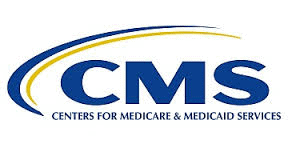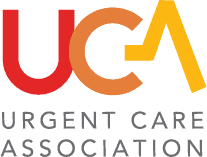Vermont is going to try following Maryland’s lead by testing an all-payer reimbursement system for healthcare providers in 2017. Where Maryland’s long-held policy covers only hospitals, though, Vermont plans to use an accountable care organization (ACO)-type structure to cover all providers, regardless of setting (including urgent care). All-payer systems require all insurers, whether private, Medicare, or Medicaid, to pay similar rates for services. The goal is to increase the quality of care while decreasing the …
Read More









